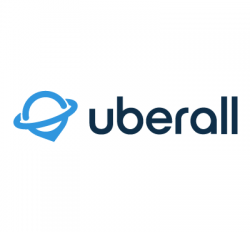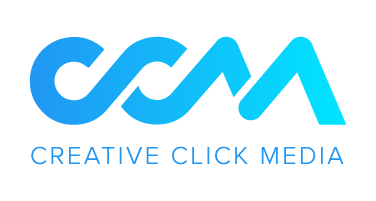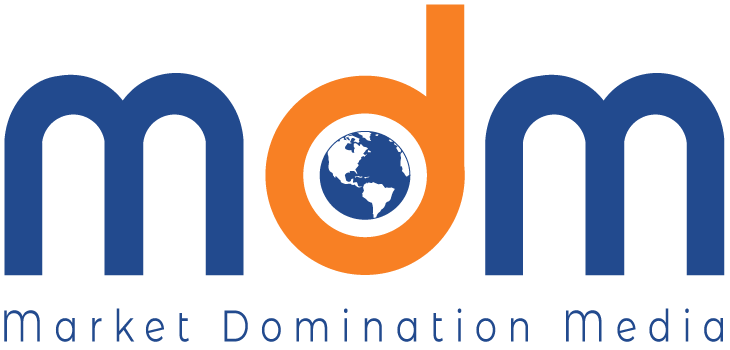One of the first steps that we take in helping our clients to improve their visibility in online search results is a comprehensive SEO audit. By undergoing a thorough analysis of your website’s search presence, you gain valuable transparency into what is working, what isn’t, and how it can be improved.
What Is an SEO Audit?
An SEO audit is a roadmap of where you are, where you want to be, and specific, actionable steps that you and your SEO agency can take to get you there. A complete audit can take anywhere from two to six weeks, depending on the size of your website (number of pages), depth of analysis, and scope of any improvements that we may end up recommending.
A typical SEO audit analyzes the following factors:
- Organic traffic
- Keyword performance
- Backlink profile
- Indexability
- Redirects and broken links
- External issues such as manual penalties by Google
- On-page SEO
- Technical issues like page speed & mobile performance
- Content factors including page-level performance & site architecture
- And much more…
If any of those terms seem confusing, don’t worry. As the site owner, you don’t need to have a complete understanding of all the various factors that go into your site’s SEO. That’s our job!
We handle every aspect of the auditing process, providing you with regular reports along the way, so that you can focus on the all-important task of bringing in new clients and handling their needs.
The Importance of SEO Audits for Law Firms
The initial SEO audit is an essential step in understanding our client’s online presence, how it stands, and how it can be improved. If you don’t know where you are, how can you get to where you’re going?
Many site owners overlook certain basic steps they can take to improve their SEO, either because they weren’t aware of them in the first place, or missed those steps among the infinite-seeming number of details involved in launching, maintaining, and updating a website.
By performing a comprehensive technical SEO audit and content audit, we can discover all the ways you can improve your own site to better compete for valuable search traffic online.
Understanding Your Tools
While it isn’t critical for you to understand every site audit tool that we leverage in order to analyze a given website, it’s helpful for you to know about some of the tools we use, and how we apply them. This gives us a shared vocabulary for reviewing the results of your audit, providing you with clearer insight into how those results were obtained, and how they can best be used to improve your SEO.
Factors That Are Analyzed in Law Firm SEO Audits
There are a few broad areas that we focus on when conducting SEO audits. Those include domain-level and page-level factors, nitty-gritty technical SEO factors, on-page SEO, content factors, and your site’s backlink profile. Let’s take a closer look at some of the things we analyze:
Exploring Your Site and Your Competitors Through Benchmarking
During the audit, we will look at your competition for rankings in online search. Search competitors aren’t always who you think they are! A firm down the street might be your direct competition, but in the online search space you could be competing with sites on the other side of the state, country, or even the world.
Our analysis includes where you stand in the rankings compared to your actual search competition for target keywords, which keywords are ranking for you, which are ranking for your competitors, and how you can leverage those and other insights to gain an edge in SERPs (search engine results pages).
Using Google Tools for Analysis
While other search engines have their benefits, Google is still dominant in the online search space, and not by a small amount. As of mid-2022, Google still receives a whopping 85% of search engine market share.
Thankfully, Google has provided a few useful tools for conducting SEO audits and analyzing search performance. Google Analytics is the most well-known, and features a depth of analysis that can be overwhelming at times. Using Google Analytics, we are able to investigate, among other factors:
- Organic search traffic
- Traffic sources
- Click-through rate (CTR)
- Bounce rate
- Session duration and pages per session
- And more…
Google also offers a whole suite of tools that we use for conducting audits and other research. Google Search Console, for example, is an essential tool for site owners to manage and review their search presence. Search Console provides information on how Google crawls, indexes, and serves websites, including information on keyword and URL performance, CTR, mobile usability, and many other useful metrics.
Core Web Vitals
Google’s Core Web Vitals are a relatively new set of ranking metrics, although the fundamentals behind them have been important for a long time. These have to do with the technical performance of pages on your site, including site speed and loading time. The three primary Core Web Vitals are:
- LCP (largest contentful paint) – The time it takes for a browser to render the page’s largest content element (image, video, or text block) visible on screen
- FID (first input delay) – The time it takes their browser for an element on your page (a link, button, etc.) to respond after clicking it
- CLS (cumulative layout shift) – Numerical representation of the amount that elements move around on the page during loading
During any SEO audit, we not only assess page speed and how to improve it, but also how your site performs for Core Web Vitals and other less obvious search ranking signals.
Auditing On-Site SEO
While auditing your site, we will use SEO tools to crawl the entire site much like a search engine crawler would. We check every URL to make sure it is accessible, indexable, and whether URLs are being redirected to other pages (301 redirect). The audit will also look for other URL errors like 401 (unauthorized), 403 (inaccessible), 404 (not found), or 5xx (server errors).
At the individual page level, we make sure each page has a complete set of unique, keyword-optimized meta tags; that is, page title tags, descriptions, and headings. Data from SEO tools will tell us whether your site has any duplicate pages, orphaned pages (URLs that no other pages link to), or pages which receive little or no traffic that can be safely removed and redirected, among other valuable audit information.
This process provides an overall picture of how your site is organized, which helps identify opportunities for streamlining and optimizing the entire site for SEO.
What Happens After Your SEO Audit
After the audit is complete, you will receive a comprehensive report on your site’s search performance, any issues that need to be resolved, and recommendations for what to do next, along with estimated effort, impact, and priority for every single step.
We’re happy to explain anything to you along the way, and will provide recommendations for immediate opportunities that we see for a potential SEO boost, what we call “low-hanging fruit”. For instance, if we discover that your firm lacks a Google Local search listing for appearing in apps like Google Maps, adding that can start bringing in new clients almost immediately.
Our expert team of digital marketers will provide content marketing recommendations for blog post topics to write about, based on discoveries from your audit, as well as further keyword and competitor research. We even offer a la carte content writing services from our pool of experienced legal writers, freeing you up even more to focus on what matters: your clients.
Finally, we also provide link building services to improve your site’s backlink profile. This involves reaching out to other high-quality sites and writers and requesting that they include links back to your site, or backlinks. This shows that other websites value and trust the information on your site, and is an important search ranking factor.
Learn More About 9Sail’s Law Firm SEO Audit Services
SEO is a bit of a trial-and-error process, and often takes time to see positive results. However, those results are likely to be much more long-lasting and sustainable than results from paid search (pay-per-click ads, or PPC), which tend to show higher impact over the short term, then fall off quickly.
At 9Sail, we have in-depth knowledge and experience with everything you need to help your business stay competitive in the online search arena. Get in touch to find out more about our SEO auditing services, schedule a consultation, or get started with our audit & blueprint today!
















